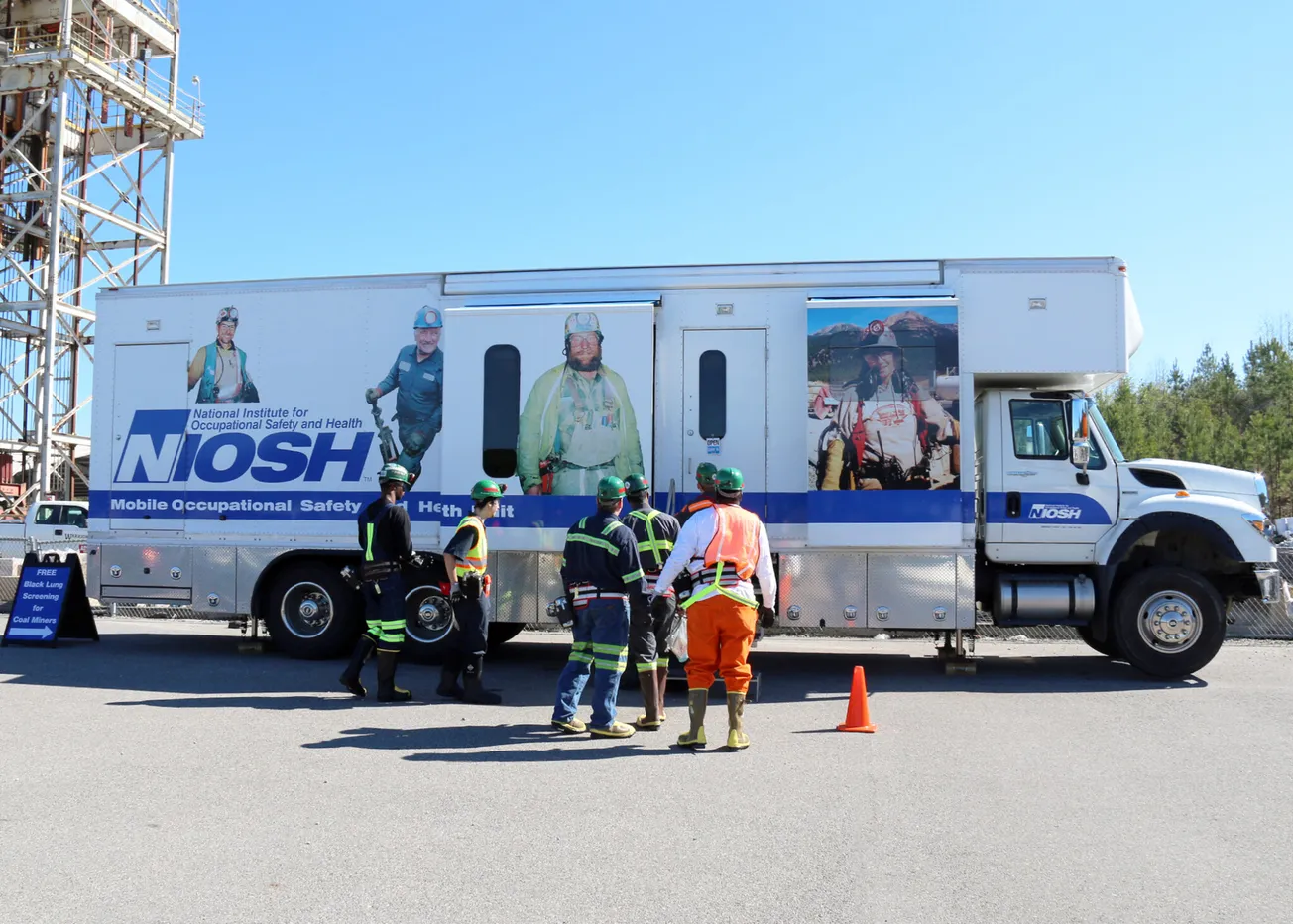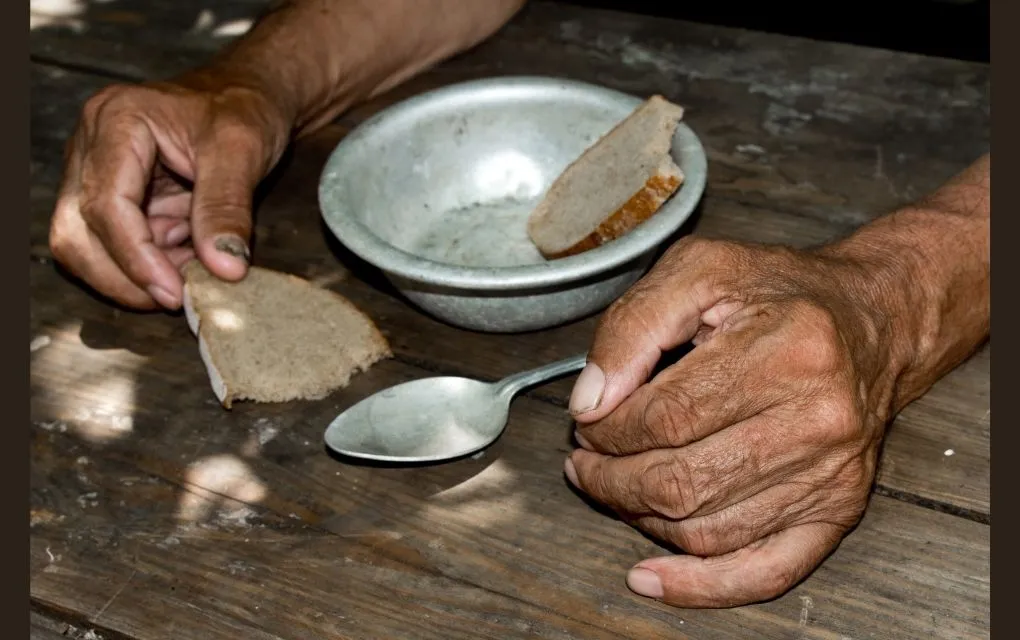A federal judge on Tuesday ordered the “full restoration” of services at the National Institute for Occupational Health and Safety’s Respiratory Health Division, ending a reduction in force that robbed coal miners nationwide who rely on the program of options to prevent further illness and injury.
U.S. District Judge Irene Berger issued Tuesday’s preliminary injunction as part of ongoing litigation in a class action lawsuit filed by coal miners against the federal government over the closure of the Coal Workers’ Health Surveillance Program, a department within NIOSH’s Respiratory Health Division.
Workers at the CWHSP, as well as numerous other NIOSH departments and divisions, have been on administrative leave since April due to “reorganizations” happening at the federal level. Permanent terminations for most employees were scheduled to occur in June and July as part of cost-saving measures instituted by the new federal Department of Government Efficiency.
Berger’s order on Tuesday directed the federal Department of Health and Human Services to do three things: rescind all RIFs issued to workers in the Respiratory Health Division at NIOSH, continue all work mandated by the federal Mine Safety and Health Act without “pause, stoppage or gap” if and when the federal government continues efforts to “reorganize” itself and have DHHS Secretary Robert F. Kennedy Jr. submit a written certification to the court in 20 days showing that the federal government is complying with its orders.
At a hearing for the case in Charleston last week, coal miners testified that, without staffing at the CWHSP, they are unable to exercise rights afforded to them through the federal Mine Act.
Utilizing those rights — which have existed for decades and are mandated through an act of Congress — requires action by NIOSH’s CWHSP.
But since April 1, the department has been unstaffed. Some workers were told to return to work in early May. But last week they were once again put back on leave. On Tuesday, hours before Berger’s order was filed, members of West Virginia’s congressional delegation announced that at least 100 NIOSH workers were returning to work permanently.
Without any workers, coal miners across the country have been unable to have black lung screening results certified by NIOSH. That certification is necessary for miners with black lung to qualify for a Part 90 transfer, which allows them to move to a different, less dusty part of a mine without retribution — including a cut in pay, hours or benefits — from their employers.
Arguments in the case and Berger’s ruling
Attorneys for the miners have argued that the rights afforded to coal miners to access free black lung screenings and secure transfers once diagnosed, among other services, cannot be stopped just because the federal government is going through a reorganization. Berger agreed, saying Kennedy and DHHS “lack the authority to unilaterally cancel the CWHSP” since it exists to serve a responsibility mandated by congress.
“[DHHS and Kennedy] do not indicate how many extra months of dust inhalation, in their considered judgment, is acceptable for a miner with black lung while the program Congress established to eliminate that risk is ‘paused,’” Berger wrote.
Attorneys for the federal government argued that the lawsuit should be thrown out because it deals with employees angry over being terminated, which does not justify a federal class action suit. Berger called those claims “patently absurd,” saying the plaintiffs in the case are not employees, but are beneficiaries of programs that were stopped through “illegal agency action” at DHHS.
The federal government also alleged that services ending at NIOSH and specifically the CWHSP were temporary and couldn’t be construed as being a final agency action. They maintained that, since those services were likely to return, there was no immediate harm present that necessitated a preliminary injunction.
In her order, however, Berger, who was nominated by President Barack Obama, again disagreed and noted that the federal government repeatedly failed to show evidence outlining how CWHSP’s services would be resumed, when that would happen or in what manner. She wrote that testimony from NIOSH employees and the case’s lead plaintiff, Harry Wiley, presented “overwhelming evidence” that the work had been stopped — not just paused.
“The [federal government’s] evidence consisted solely of press releases regarding a planned reorganization of HHS that contained no mention of the programs at issue. Thus, the only evidence before the Court is that the CWHSP and the RHD have been shut down,” Berger wrote.
That shut down, she said, presented clear harm as miners with black lung like Wiley were being continually exposed to dangerous coal dust despite congressional actions existing that are meant to shield them from such.
“As the testimony before the Court made clear, that dust exposure will cause [Wiley’s] disease to progress until it becomes debilitating. Does [Kennedy] genuinely believe that a miner diagnosed with black lung is not being injured when the program designed to confirm his condition and provide him with workplace protections to prevent its progression is rendered inaccessible?” Berger wrote. “This Court does not share such a belief.”
There is no cure and limited treatment options for black lung. The only adequate intervention for people who have the disease, experts say, is limiting exposure to dangerous coal dust that is known to exacerbate it.
Wiley lives in Kanawha County but works in a Raleigh County mine as a mine electrician.
A miner for 38 years, Wiley was diagnosed with black lung disease in November 2024 by a local clinic. He sent the results to NIOSH to start proceedings to be approved for a Part 90 transfer. In December, according to evidence submitted to the court, NIOSH sent a letter to Wiley saying a CT scan from October 2023 did not show findings of black lung.
Wiley testified that he never received this letter. He called NIOSH multiple times to follow up on his transfer request and got no response. If he had known they were looking at an outdated scan, he told the court, he would have submitted additional evidence to verify his black lung diagnosis and secure his Part 90 letter. And if the CWHSP were still functional, he said, he would have accessed a free screening through the agency.
Instead, Wiley — and every other miner in the country who has been unable to contact or work with NIOSH over recent months for a Part 90 transfer — has been forced to continue working in dustier parts of the mine.
Berger said it’s clear, given how black lung develops and the lack of treatments for it, that keeping the CWHSP functional is overwhelmingly and “strongly” in the public’s interest.
“[NIOSH epidemiologists] testified that they are seeing more miners with black lung, and more cases that progress quickly. They also testified that their work, and the work of the CWHSP as a whole, saves lives,” Berger said. “The necessary inverse of that testimony is that cancelling the CWHSP will cost lives. Remaining in a dusty job may reduce the years in which Mr. Wiley can walk and breathe unassisted, in addition to hastening his death. It is difficult to imagine a clearer case of irreparable harm.”
This story is republished from West Virginia Watch, a sister publication to the Kentucky Lantern and part of the nonprofit States Newsroom network.
Written by Caity Coyne. Cross-posted from the Kentucky Lantern.








